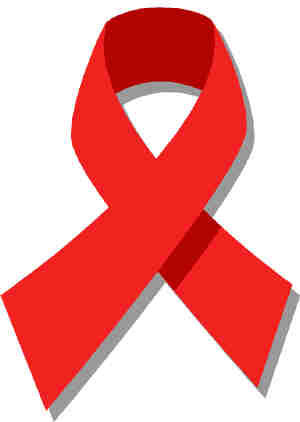
Since the discovery of the first case of HIV and Aids in Zimbabwe in 1985, government has put up a formidable campaign in the fight against the pandemic.
NewsDay Editorial
Government even established the National Aids Council (NAC) in 1999, to coordinate a multi-sectoral response in tackling the HIV and Aids challenge. The initiatives to fight the pandemic included the 3% Aids levy which every employee pays.
These efforts have seen Zimbabwe being showered with accolades for what has, until now, been a successful fight against HIV and Aids. As part of the country’s strategic plan for 2011 to 2015, NAC has identified two national priorities, one of which is the prevention of new adult and children HIV infections.
In terms of the strategic plan, Zimbabwe — which has consistently recorded a decline in HIV incidence of new infections from 1,14% in 2006 to 0,85% in 2009 — is aiming at reducing annual infections by 50% by 2015.
The second priority in terms of the strategic plan is the reduction of mortality among people living with HIV.
According to NAC, Zimbabwe reduced annual deaths from 123 000 in 2006 to 71 299 in 2010.
NAC attributes this to “provision of Anti-Retroviral Treatment, management of TB/HIV co-infection and improved nutrition among others”.
- Chamisa under fire over US$120K donation
- Mavhunga puts DeMbare into Chibuku quarterfinals
- Pension funds bet on Cabora Bassa oilfields
- Councils defy govt fire tender directive
Keep Reading
It is with that in mind that we are disturbed by reports that many people living with HIV in Harare, who cannot afford costs of the CD4 cell count that determines the type of medication they must receive, are having a nightmarish experience as they are spending long nights queuing to get tested.
The CD4 count is a blood test to determine how well the immune system is working in people who have been diagnosed with HIV.
If Zimbabwe is to achieve its five-year strategic plan on HIV and Aids, there is need to give serious thought to the idea of establishing more centres like the New Start Centre along Kwame Nkrumah Avenue in the capital offering a free CD4 count service, where results are released promptly.
It is imperative that government budgets for the establishment of such centres if it is serious about reducing deaths due to HIV and Aids.
Health issues should receive more funding in the next budget to attend to such priorities and less attention should be given to areas like Defence which do not add value to the lives of Zimbabweans especially since the country is not at war.
If government does not pursue this initiative, the goal of reducing HIV and Aids will be reduced to a recorded objective which serves as a mere embellishment in a policy document.
We, therefore, urge government to urgently attend to this problem as it is in a way a life and death situation.











